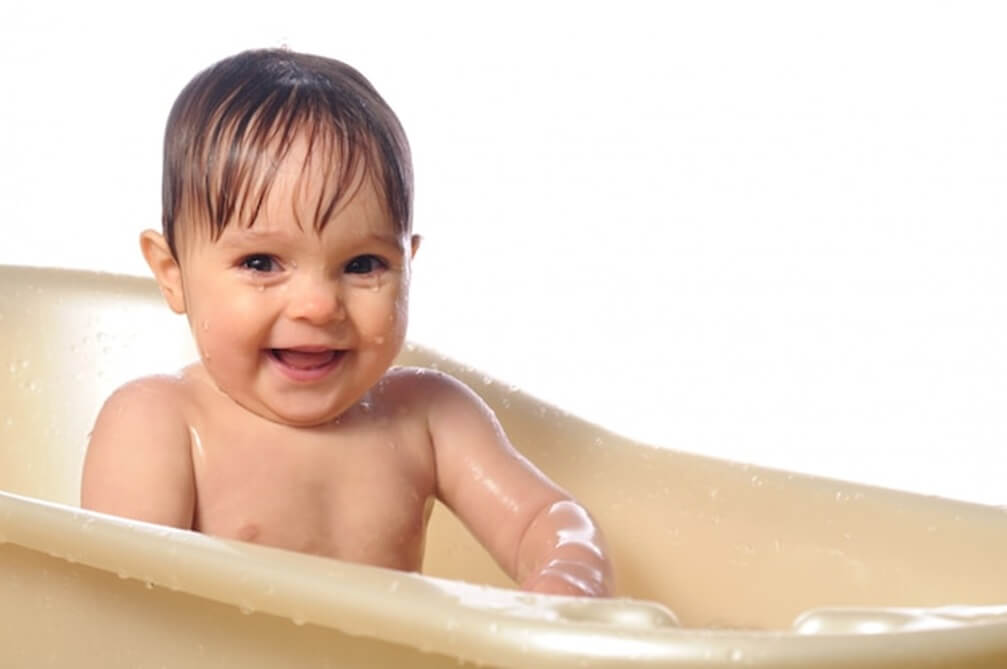When it comes to cleansing the skin, there are two main types of soap that people tend to use: baby soap and regular soap. But which one is better for your baby’s skin? It is crucial to choose the right type of soap for your little one’s delicate skin, so let’s take a closer look at the differences between baby soap and regular soap.
What is the Difference Between Baby Soap and Regular Soap?
The main difference between baby soap and regular soap is the ingredients. Baby soap is made with gentler ingredients that are less likely to irritate the skin. On the other hand, regular soap often contains harsher chemicals and fragrances that can be irritating to sensitive skin.
Another difference between the two is the intent. Baby soap is designed specifically for cleansing delicate baby skin, while regular soap can be used for a variety of purposes. So, if you’re looking for a soap that will be gentle on your baby’s skin, you’ll want to choose a baby soap.
Finally, baby soap is gentler, milder and less drying than regular soap. This is because baby soap typically has a higher level of moisturizers than regular soap. This helps to keep your baby’s skin hydrated and prevents dryness and irritation. It also helps to keep their skin looking healthy and smooth.
Which is Better for the Skin: Baby Soap or Regular Soap?
Well, the answer is pretty obvious, baby soap is the better choice for cleansing your baby’s delicate skin. Baby soap is made with gentler ingredients, has a higher level of moisturizers, and is designed specifically for cleansing baby skin. So, if you’re looking for a soap that will work wonder’s on your baby’s skin, you’ll want to choose a baby soap.
Wrapping Up
So, there you have it! The next time you’re wondering whether to use baby soap or regular soap on your little one’s skin, remember that baby soap is the better choice. You may also consult your baby’s doctor for more specific recommendations on which type of baby care product is best for your baby’s individual skin type.


